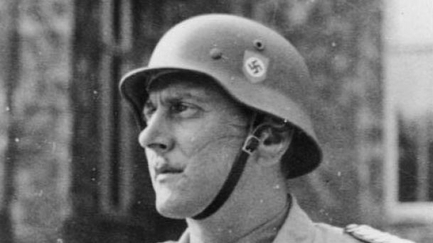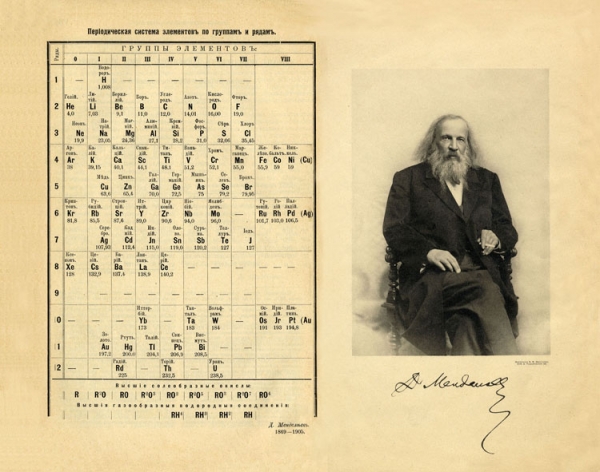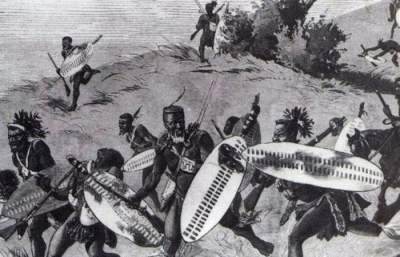Natalia GAVRILOVA

PEACE APPEARED IN THE SQUARE OF MEMORY
Nuremberg — famous city of toys. This I learned from a conversation with a cute boy of about twelve. Its a nice family on vacation took him to Germany, on their way has got a nice, quiet and cozy Nuremberg. When I raised bewildered eyes to the boy’s parents after he didn’t know what it is, I repeat, incomprehensible to him mentioning the word “process”, they, the parents, took me aside: we don’t want our son in his later years, knew about the Nazis.
Since then several years have passed, but the conversation from memory comes out. Correctly, that do not ship the kid bloody history, I promised myself. Well, what will happen to him when he after how many years live to face the fascist plague? It’s like a baby — it was brought out of the sterile (I understand your skepticism, but still!) the hospital, just watch out, and then dipped in the world of microbes and bacteria. And there’s your baby sitting in a puddle sucks his thumb, just taken out of the puddle and nothing bad happens. Because the immune system.
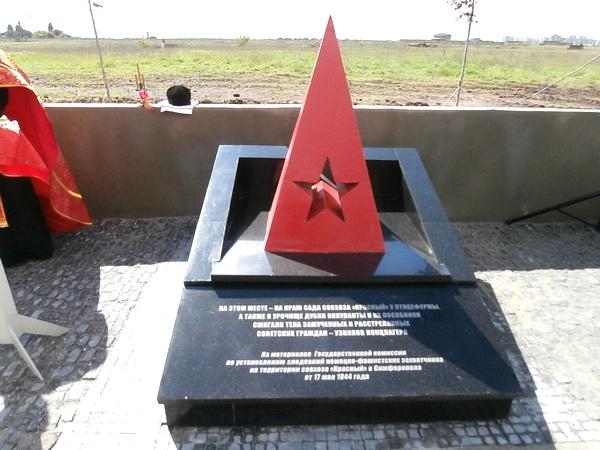
Fascism — it’s the same infection. As shown in recent years, as a germ, as the worst virus, is indestructible, he can only lurk, the shadows, the infernal — but the hour is coming, and he crawls out. Shouting “glory to the Heroes!” on the streets, a paper with the official seal prohibiting conduct memorial rally on May 9. Nuremberg — the “city of toys”…
Crimeans, like no one else in Russia, you know what happens when schools cease to be the songs of the war years — and the boys, wearing paper caps, do not sit at the makeshift “huts close”, “remembering” their girlfriends. When none of the district not required to report how many come to school of veterans with stories about how they, then, boys, for the Victory for us. When the history books on the sly disappears mention of the Nuremberg trials…
Maybe someone from teachers or rainovski Methodists and breathed a sigh of relief — they say, get rid of unnecessary habits of the Soviet military-Patriotic education. In return, he received a glass eye — “the city of toys”…
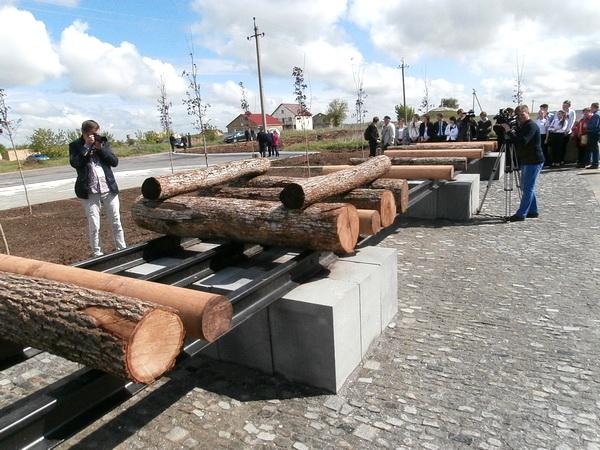
Crimea, in a sense, lucky in the fact that the current Chairman of the state Council, who had held the post and the Ukrainian government, father on his personal experience learned what a concentration camp. Andrey Konstantinov managed to escape, survive, and then another, and give birth to a son Vladimir, who long before the Crimean spring began actively interested in the concentration camp on the territory of the former state farm “Krasny”, that in a Peaceful village near Simferopol. “The Crimean Echo”, perhaps more than any other Crimean mass media wrote about that dreadful place, so will not be repeated.
In 2013, the ground lay the first stone of — in 2015-m memorial to the victims of the concentration camp was opened. On the wall — 201 name of the 15 thousand, saginovich civilians. 6 may 2017 has opened the second phase of construction of Memorial — garden of Remembrance on the site of the burning of concentration camp prisoners.
Were the colors and gun salute, a song of lamentation and red ribbon. There were children in white shirt, a little tired from long standing-waiting, but not seahouses during a passionate speech Konstantinova — apparently, she did not seem to them tedious and long. Because he spoke about the most important things about the Motherland and about when and how you can be considered a person, not a loathsome creature. Honestly, these speeches from ours, in General, somewhat tongue-tied, the speaker is not heard.
However, why retell the opening ceremony, when you can see with your own eyes:
Today on the black memorial wall of Remembrance — 553 names. At the Memorial the new Director — Sergey N. Zhuchenko, a former Afghan. There is still a lot of work…
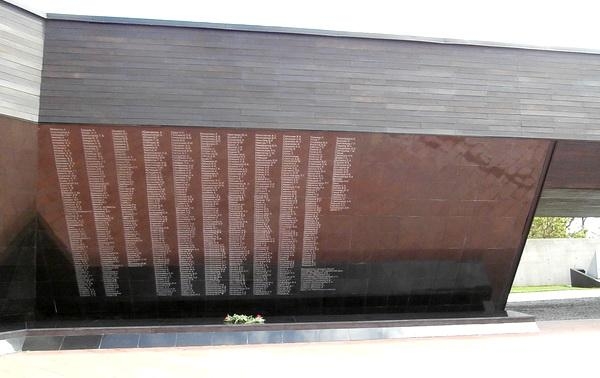
Guests arrived for the opening of the garden of Remembrance, moved to the Memorial. Placing wreaths and flowers, went on a serious conversation about the Nuremberg trials. The Crimean branch of the Russian historical society under the “command” Andrey Malgin organized a round table, inviting historians, deputies of the state Council and journalists.
The trial of 24 Nazi leaders began in November 1945 and ended on 1 October 1946, exactly 70 years ago. In the black hall of the Museum talked about the fact that in Nuremberg for the first time in the history of mankind was judged not to specific people, and criminal organizations. There for the first time, it was recognized that the war, unleashed by Germany, are guilty of not one person, Hitler, and everyone who obeyed the orders — and as has been established, orders can also be criminal, and the contractor who failed to understand that obeys illegal orders, bears the same responsibility as his gave.
Nuremberg was unique because for the first time judged the heads of sovereign States — that’s where desire runs the current “powers that be” any “sovereignty” into consideration to consider when implementing a “national interest”.

Another story — about how was able to take place the trial of the Nazis, what sticks in the wheels of justice would put the Americans and the British and the USSR are still unable to achieve the end of this process — or rather, bring it to a logical end. Yes, hung only 12 of those 24 from the dock, but the main thing — was condemned Nazism as a phenomenon!
Crimeans have a special account to the Nazis. Destroyed 220 thousand inhabitants of the Peninsula, 173 burned and destroyed towns and villages…
the <ul>
the <li>Vladimir Konstantinov with a portrait of his father-</li>
the <li>concentration camp inmate</li>
<p> </li>
</li>
</ul>
To the podium one by one climbed historians and deputies — Oleg Romanko Sergey Yurchenko, mark Goldenberg, Svetlana Savchenko, Galina Grzybowski, Sergey Tkachenko, Yefim Fiks, Dmitry Omelchuk — and time after time the conversation took Vladimir Konstantinov.
He said one very important thing: it’s one thing to know about these 15 thousand dead and buried here, and another to learn more as they died, to imagine that this is your father, mother, children, you’re behind barbed wire, waiting for the “gas vans”, invented only to never went crazy Germans, carrying out the order to shoot people…
Konstantinov ruthless in the assertion that Crimea was doomed to “depopulation”, the fact that here there is not a single Soviet man. Well, okay, maybe a few thousand, and I couldn’t — because the “Supreme Aryan race” needed slaves in Gotenland… Maybe that’s why the speaker is so fast, deep plunge into the subject correctly responded to the events of February 14 in Kiev?
Thanks to our “chief historian”, the Director of the Tavrida Museum Andrey Malgin for a lovely round table. Judging by the lively participation in it of the Chairman of the state Council, it is hoped that the resolution adopted at this meeting, will be implemented. It has a lot of good points, but the main two, in my opinion, were born in the course of the conversation: the Crimea, already shout, need your military-historical Museum (well, tell me, because of this history, still we managed to live without it?!) and in schools of Russia (no less!) the urgent need to make a short story of the Nuremberg trials (see below the text of the draft Resolution, it is no additions made during the round table. The full text will appear later).

Round table has almost ended when the word was asked by a guest from Moscow — he was brought to the Museum the Punisher gloves one of the concentration camps. With the stigma, real. And said amazed at how much we have here, in the Crimea, imbued with all the spirit of patriotism, this is not in any other city of Russia. It was certainly nice to hear, Yes only one thing: the memorial we, Crimeans, were opened only in 2015, and that sweet boy of twelve years, for which Nuremberg — the city of toys, lives in Crimea…
<hr/><hr/>
The PROJECT
RESOLUTION
round table
“Crimean Nuremberg”.
(war crimes in the period of Nazi
the occupation of the Crimea 1941-1944), dedicated to the 70th anniversary
the end of the Nuremberg trials
On may 6, 2016 in the Memorial complex to the victims of the Nazi occupation of the Crimea, the concentration camp “Red” (s. Peace the Simferopol area) held a round table “the Crimean Nuremberg war crimes during the German Nazi occupation of the Crimea 1941-1944), dedicated to the 70th anniversary of the end of the Nuremberg trials organized by the State Council of the Republic of Crimea, the Central Museum of Tavrida, the Crimean branch of the Russian Historical Society
In the conference took part deputies of the State Council of the Crimea, researchers, employees of the Crimean museums and libraries, academics, historians. The round table was devoted to the topic, the relevance of which cannot be questioned.
Nuremberg trials 1945-46. was a response to the unprecedented in the world history of the atrocities of fascism, was an important milestone in the development of international law. First criminal proceedings were officials responsible for planning, preparing and waging aggressive wars. The Nuremberg principles, adopted by the General Assembly of the United Nations as the universally recognized norms of international law, entered the legal consciousness, the consciousness of the modern world. The historical process served as a model for a number of court decisions on bringing to justice Nazi war criminals in the USSR and abroad. How the Nuremberg trials and subsequent trials were made public the heinous crimes committed by the Nazis in the occupied territories in 1941-44 and was part of the Crimean Peninsula, where the victims of the inhuman policy of the Nazis were more than two hundred thousand civilians and prisoners of war.
The participants of the round stating a commitment to the basic principles of the Charter of the International military Tribunal of 8 August 1945, is concerned with the continuing attempts to rewrite the history of the Second world war, by belittling the role of the Soviet Union in the victory over fascism, the rehabilitation of Nazism, glorification of Nazi criminals and their accomplices, believe that contemporary manifestations of violent extremism, especially in its extreme form – international terrorism, are the legacy of Nazism – an ideology of hatred based on violence and aggression.
Emphasizing the inadmissibility of the modern forms of escalation of racism, racial discrimination, xenophobia, participants of the Round table consider it appropriate and necessary:
1.
To urge the international community to follow the decisions of the Nuremberg Tribunal, to prevent the manifestation of contemporary forms of neo-Nazism, aggressive nationalism, xenophobia and anti-Semitism.
2.
To fully develop and maximize the use of the various forms of public diplomacy, focusing on the formation of cooperative relations between the representatives of the scientific community, of young people from different countries to the inadmissibility of revising the outcome of world war II, the spread of the ideology of neo-Nazism, aggressive nationalism, xenophobia and anti-Semitism, racial discrimination
3.
To condemn the attempts of several countries and international organizations to equate the Soviet regime and the Nazi regime to prevent Nazi propaganda in the Russian and international informational spaces, to develop a system of measures for the coordination of information activities aimed narrativamente the ideology and practice of the modern extremism.
4.
To contact the governments of CIS countries and the European Union with the requirement to counteract the attempts of demolition and displacement of monuments to Soviet soldiers-liberators.
5.
Fully support the policy of the President of the Russian Federation Vladimir Putin, aimed at promoting the cessation of military conflicts, the development of political dialogue.
6.
To recognize the necessary work to explain the legislation to criminalize the rehabilitation of Nazism, introduced by Federal law dated 5 may 2014 No128-FZ, to support the resolution of the UN General Assembly on combating glorification of Nazism (29 Nov 2014).
7.
To intensify the desire for interaction and dialogue between various political and social forces, to promote and disseminate the values of anti-fascism and antiracism of using in these purposes the best examples of cinema, literature, art, lead an active discussion of pressing international issues on the problems associated with distortion of the truth about the history of the great Patriotic war and the history of the Second world war, the glorification of Nazi collaborators.
Republic of Crimea, Simferopol, April 8, 2016


